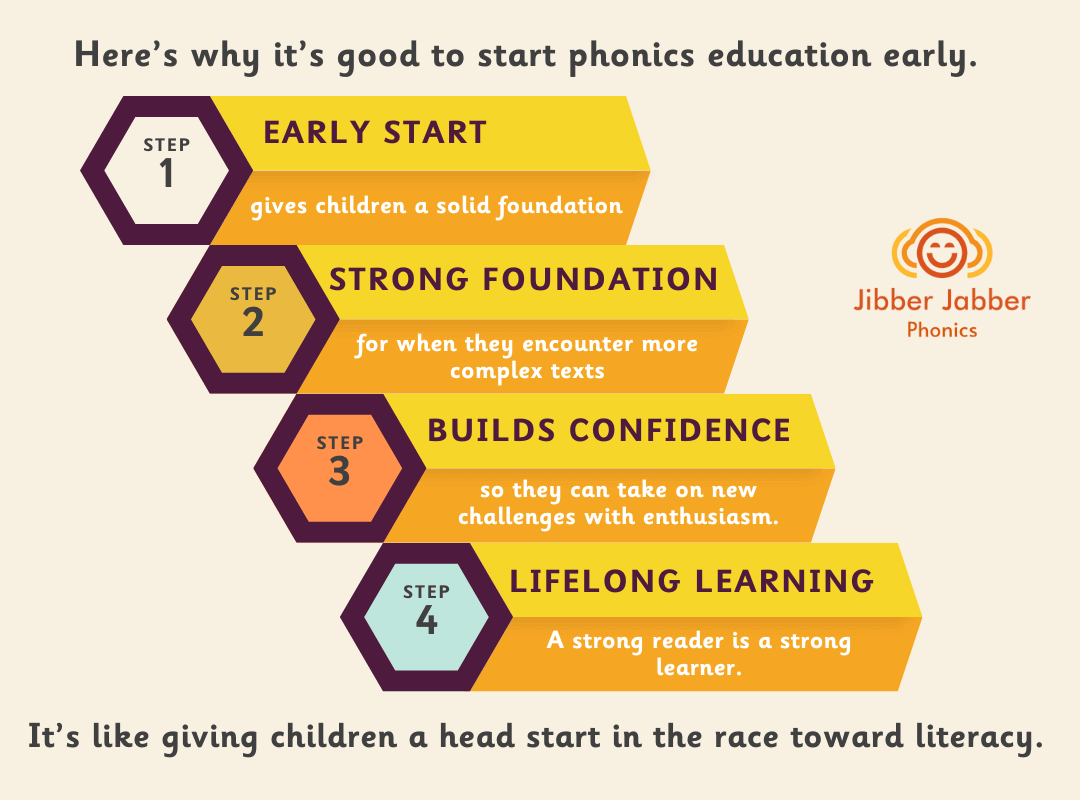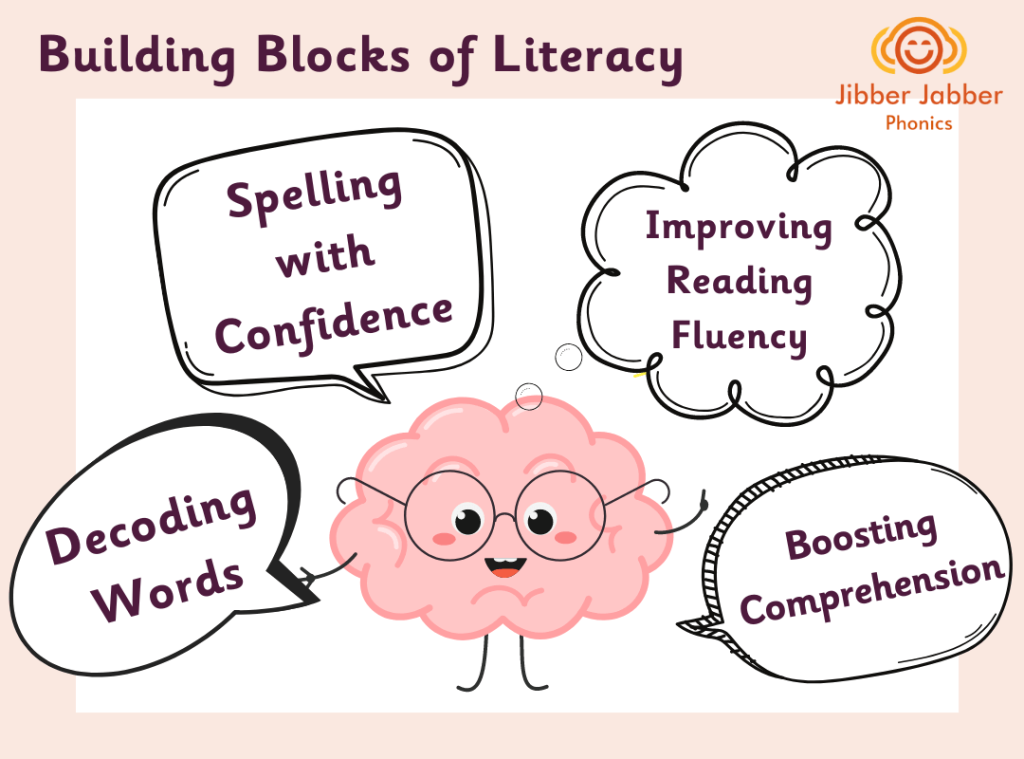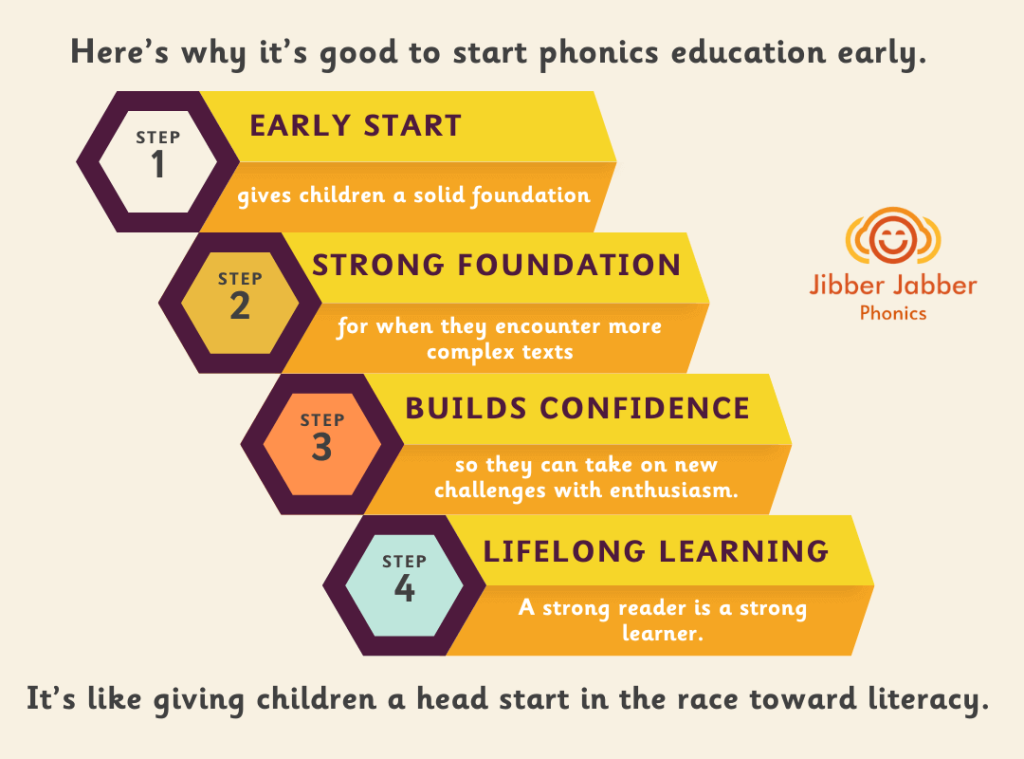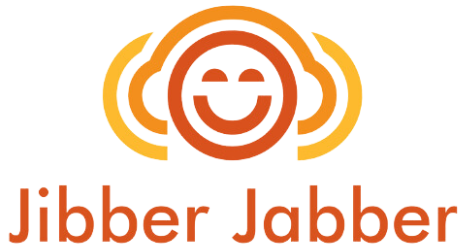
Hello, fellow educators and parents!
Let’s dive into one of the most powerful tools in education—phonics. If you’ve ever wondered why phonics is so vital for young learners, or how it sets the stage for confident reading and writing, you’re in the right place. Today, I’m here to break down the fundamentals of phonics and show you why it’s the cornerstone of early literacy.
What Is Phonics, and Why Does It Matter?
Phonics is the method of teaching children how to connect sounds with letters (or groups of letters) and use this knowledge to decode words. It’s not just about memorising the alphabet—phonics is about understanding the relationship between spoken sounds and written language. This connection is crucial because it’s the key to unlocking reading and writing skills.
Imagine this: A child who grasps phonics can look at a word they’ve never seen before and figure out how to pronounce it. That’s the magic of phonics. It gives young learners the tools they need to read independently, with confidence and understanding.

The Building Blocks of Literacy
Phonics lays the groundwork for literacy in a few essential ways:
1. Decoding Words: Phonics teaches children how to break down words into their individual sounds (phonemes). Once they know that /c/ /a/ /t/ spells “cat,” they can apply that knowledge to other words, building their vocabulary and reading skills step by step.
2. Spelling with Confidence: When children understand phonics, spelling becomes a logical process rather than a guessing game. They learn that words are made up of predictable sound patterns, which helps them write words correctly.
3. Improving Reading Fluency: Phonics helps children read more smoothly and quickly. By recognising common sound patterns, they can move beyond slowly sounding out each word and start reading with expression and understanding.
4. Boosting Comprehension: When children can decode words easily, they can focus more on understanding the meaning of what they’re reading. This deeper comprehension is what turns reading into a lifelong skill and a source of joy.
Why Early Phonics Education Is Crucial
Starting phonics education early is like giving children a head start in the race toward literacy. Here’s why:
Early Start, Strong Foundation: Introducing phonics in the early years gives children a solid foundation before they encounter more complex texts. It’s the equivalent of teaching them to swim in the shallow end before they dive into deeper waters.
Confidence Builder: Early success with phonics boosts children’s confidence. When they realize they can read words on their own, they’re more likely to take on new challenges with enthusiasm.
Lifelong Learning: Phonics doesn’t just help with reading and writing in the early years—it sets the stage for all future learning. A strong reader is a strong learner, capable of tackling any subject with ease.

How to Support Phonics Learning
Whether you’re a teacher, a parent, or both, there are plenty of ways to support phonics learning:
Consistent Practice: Regular, short practice sessions work best. Incorporate phonics into daily routines—during story time, in the car, or even at the dinner table.
Engaging Activities: Make learning fun with phonics games, songs, and hands-on activities. The more interactive, the better!
Patience and Encouragement: Every child learns at their own pace. Celebrate the small victories and keep the atmosphere positive and encouraging.
The Path to Confident Readers and Writers
Phonics is more than just a teaching method—it’s a pathway to literacy success. By focusing on phonics, you’re giving your students or children the best possible start on their reading and writing journey. They’ll gain the skills they need to become confident, independent readers and writers, ready to explore the world of words with excitement.
So, let’s harness the power of phonics and set our young learners up for a lifetime of literacy!
Vicky xx


